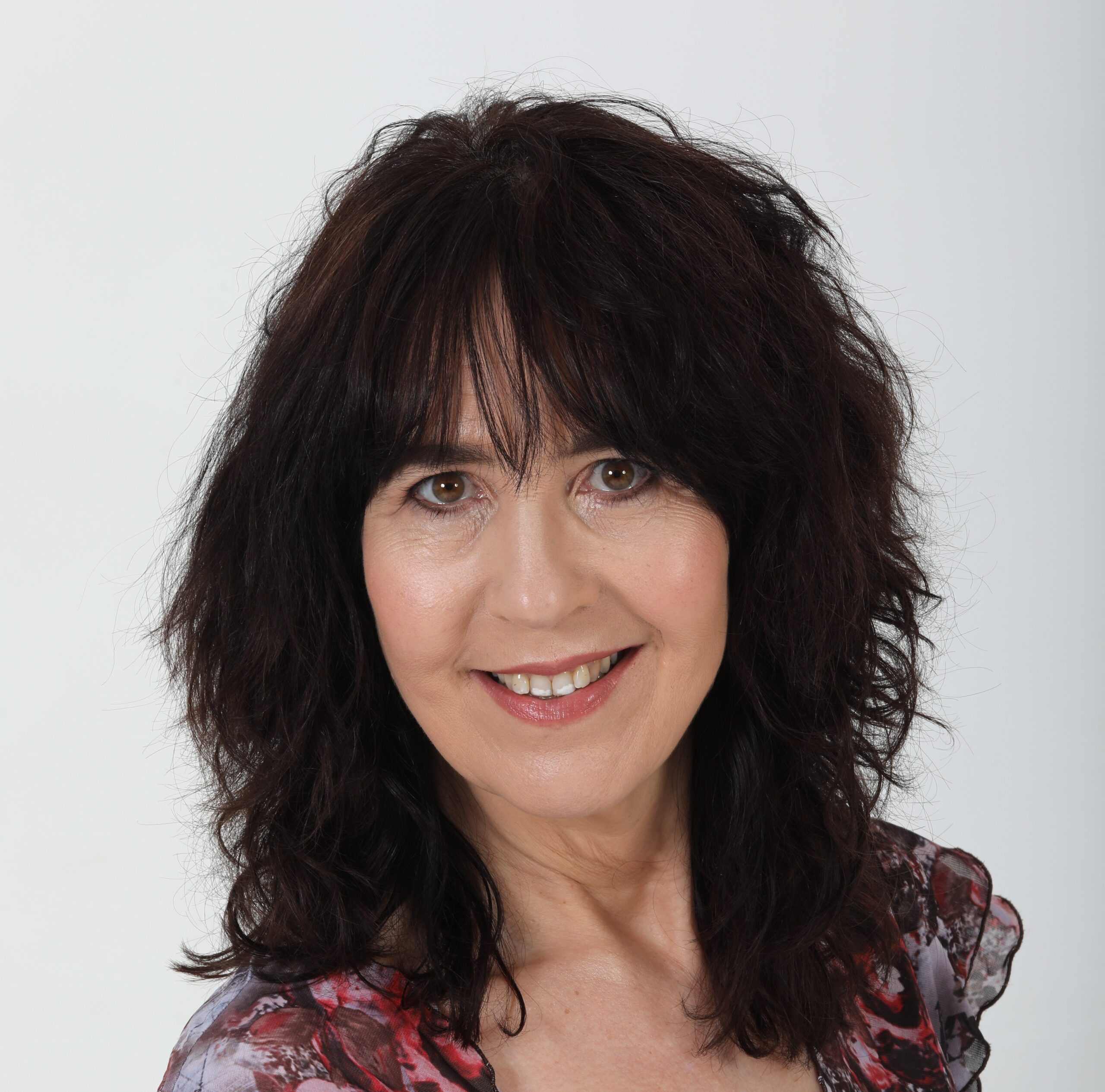
The Jewish Report Editorial

The war within
Walking through the streets of Tel Aviv or Jerusalem, you can be lulled into a false belief that Israel is going on as normal. It’s easy at arms-length to believe that this isn’t a country at war.
The streets are full of people apparently getting on with their lives. Machaneh Yehuda pumps at night, with bars and restaurants brimful. Walking through the Mamilla Mall and down the Ben Yehuda midrachov, people are in shops, buying, eating out, having fun. Perhaps most of those shopping are tourists, but not all. And lots of Israelis are out there living life to the full.
Tel Aviv is still the city that doesn’t sleep. The beaches are packed with people enjoying the weather and finding “kef” (a common Arabic term used in Israel for fun) wherever they can.
Traffic is as hectic as ever at any time of day. Tel Aviv markets are full and happening. Coffee shops and bars rock.
The images look unchanged from before the war, only there’s a massive difference just under the surface. There’s a huge chasm in most people’s lives and, since 7 October, these lives haven’t returned to “normal” and for many, perhaps they never will.
It takes talking to people to better understand what’s really going on for Israelis. Only then do you get a real sense of what living with this war is like. It’s only then that the true anguish this war has inflicted on Israelis becomes evident.
There’s a well-hidden fear and devastation that I have never experienced before among Israelis. People who in the past wouldn’t think twice about getting in a car and driving through the disputed territories are today steering clear of those areas if possible. And if they live in settlements in those areas, they don’t necessarily feel happy to stray too far into other settlement areas.
I have long since become comfortable with soldiers, in and out of uniform, carrying military rifles, but these days, you see many men carrying handguns, even in Jerusalem. The difference, as I understand it, is that soldiers are obliged to keep their weapons on them, whereas the handguns are for personal protection.
The need to have handguns within Israel’s border is, for me, something new. It shows an insecurity I’m not used to here. Having said that, since 7 October, there’s a sense that anything can happen at any time, but let’s get on with living anyway.
Israelis I spoke to said they were still reeling from the wholesale slaughter and rape that happened on 7 October. The loss of around 1 200 people that day has shattered Israelis, not least of all their sense of security. Many have instilled burglar bars on their windows and serious locks on their doors, which they never felt were necessary before.
I have yet to meet someone who hadn’t lost at least one person they cared about on that one day. Many have been to too many shiva homes and funerals. In truth, Israel is suffering from post-traumatic stress syndrome, but Israelis are so good at looking strong. It’s that incredible sabra (prickly pear) exterior.
There are extremes, of course, and the images of the haunted faces I saw at Hostage Square last Saturday night will stick with me forever. There cannot be a worse pain and despair than not knowing what’s happening to your child, husband, or wife, at the hands of monsters. For eight and a half months, they have had absolutely no way of knowing what’s happening to their beloved people. From happy, secure, joyful people, they are being treated like animals in Gaza, where they are the enemy.
It’s not a situation of prisoners of war in which soldiers are held. These are mostly civilians – young, old, sick, injured, and their loved ones know nothing of their treatment. They have nothing but hope that they are still alive. Even that they cannot know for sure.
In Tel Aviv, in hotels usually frequented by happy tourists on holiday, there’s a totally different atmosphere. Though there are tourists, most of the people staying in the hotels I visited were refugees from the south and north of Israel.
Some of them have lost their homes, and others cannot go home because their towns, kibbutzim, and moshavim are being shelled or set on fire from either Lebanon or Gaza.
Little children who normally run free in their towns are stuck in small hotel rooms, not able to do what they do as children. Their parents are mostly unable to work, and have no income or potential income.
I met a plumber and a shopkeeper who were sitting watching the sea from the balcony of the hotel. Both cannot earn a living to put food on the table for their families. They have always been their family breadwinners and are proud of that. Not now. Both don’t know when they will be able to go home – or if they have homes to go back to.
Granted, the government has put them up, and they are getting meals and have a comfortable place to sleep. This is something they recognise with relief, but it’s not the lives they choose to live.
While the world blames Israel for this war and doesn’t recognise the pain it has caused for Israelis, spending time in Israel is a wakeup call. Israelis aren’t at war because they want to fight. They are at war to save their country.
Most Israelis I spoke to believe that the government needs to urgently find a way to bring home the hostages and end the war, hence the many protests around the country that are frequented by thousands and thousands of people.
I appreciate that when visitors come to Israel, the first thing they say is, “Can you believe this is a country at war?” I certainly had to keep pinching myself about this. But the truth is that this is a country at war, and this war is hurting way too many people.
Israelis are tired of this war, and have had enough pain and anguish. Too much pain! Too much heartache!
Shabbat Shalom!
Peta Krost
Editor










